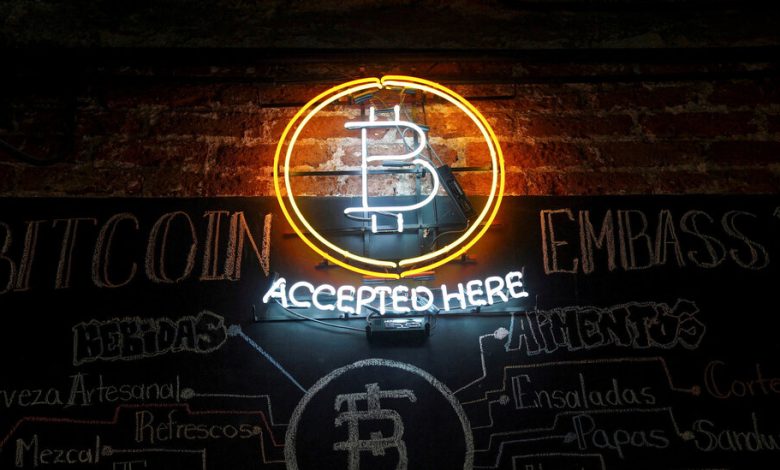Countdown Is On for the Bitcoin ‘Halving’

Cryptocurrency enthusiasts have eagerly anticipated the third week of April, counting down the days until a potentially crucial moment in Bitcoin’s development called “the halving.”
Essentially, the halving is a scheduled reduction in the number of new Bitcoin that go into circulation. As the supply falls, some analysts anticipate that the digital currency’s price will soar.
These reductions happen every four years or so. But this year’s halving has drawn especially enthusiastic attention as the crypto industry rebounds from years of falling prices and corporate implosions.
In recent months, Bitcoin’s price has surged to record highs, reaching $73,000 in March. Much of that increase was driven by the approval of new financial products tied to Bitcoin, which spurred billions of dollars in new investment. Crypto investors are hoping that the halving will create a similar effect, causing Bitcoin’s price to climb further.
Here’s what to know about the halving.
How does the halving work?
A key purpose of Bitcoin is to enable people to exchange money without any sort of intermediary, like a bank, verifying the transaction.
In place of a bank, a distributed network of computers scattered around the world, all running Bitcoin’s software, performs the verification. To confirm a transaction, the computers solve complicated puzzles, racing one another to guess the answer. This process is designed to ensure that Person A has sufficient funds to send money to Person B.
